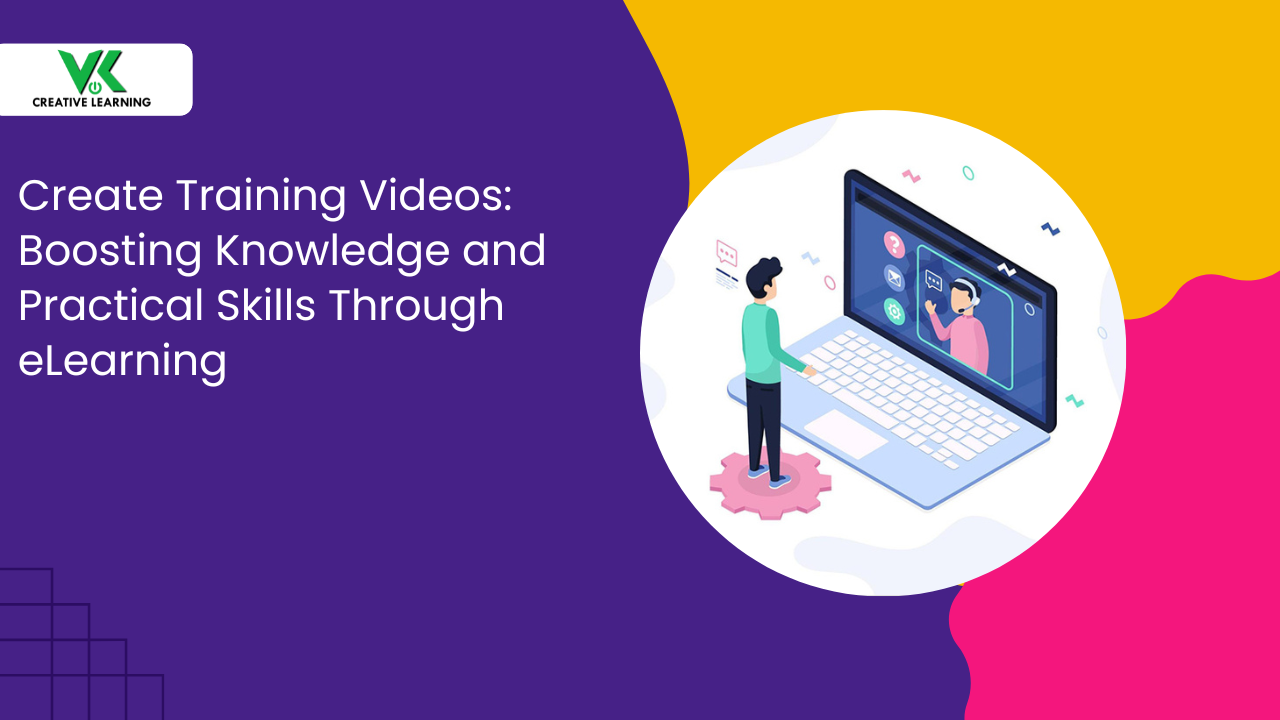Achieving maximised deep-rooted learning through the use of Nudge Theory in eLearning solutions
March 27, 2021
Motivating employees to learn about the latest technology or complex information about the introduction of new manufacturing processes is the primary objective of an organisation’s training program. However, the plan can go awry if the content of the training program is not appealing enough to catch the learner’s attention. Many research studies and scholars have many times pointed out that unless the learners find the learning content attention-grabbing and informative, learning may not become a regular practice for the learners.
This means that learners have to show active participation in the constant acquisition of new knowledge and skills. This in turn means the training program should be very effective in delivering the learning objectives. But how can a training programme turn out to be appealing and effective?
VK Creative Learning (VKCL), an experienced player in the e-learning space, makes use of the technique called Nudge theory to bring a high level of effectiveness in helping the learners to learn and remember the concepts in its e-learning solutions. VKCL has been involved in the development of e-learning solutions along with the best players in the industries for the past 10 years.
About Nudge Theory. How it is incorporated by VKCL in its e-learning solutions?
Nudge Theory is a known novel and effective mind-based methodology, which primarily focuses on positive reinforcement and indirect suggestions to help learners what they have learnt. Designed by Richard Thaler and Cass Sunstein in 2008, it not only helps in memory retention but also helps to shape the behaviour and decision-making skills of the learners.
What distinguishes the Nudge Theory from other learning methodologies is that it makes the learners constantly think about the concepts that have been taught to them. Supposedly, specific important features of the functioning of a newly acquired machine or equipment have to be taught to the trainees. In this case, VKCL constantly sends regular notifications on the mobile of the learners at different times asking them at least two features which they remember about the machine. This way VKCL pushes the trainees to constantly revise the information passed on to them by the instructor and retain the concepts. This massively helps the learning objectives chalked out by the organisations.
Advantages of utilising Nudge theory in e-learning solutions
The best aspect that VKCL found about the Nudge Strategy is that it does not pushes the learners into the zone of mugging up the textual content. Instead, it gives clarity to the learners and inspires them to think about the taught information even when they are busy with their other work. This way of poking learners to re-collect information even when they are busy with their other tasks helps them to remember the essential information. Once the information is deeply rooted in the brain, it can be used for application purposes in real-life scenarios. Another interesting aspect of Nudge theory is that it is customised to suit an individual's learning style, pace, and time convenience. Importantly, content is made compact and specific to deliver the learning objectives and help to gain a competitive edge.




